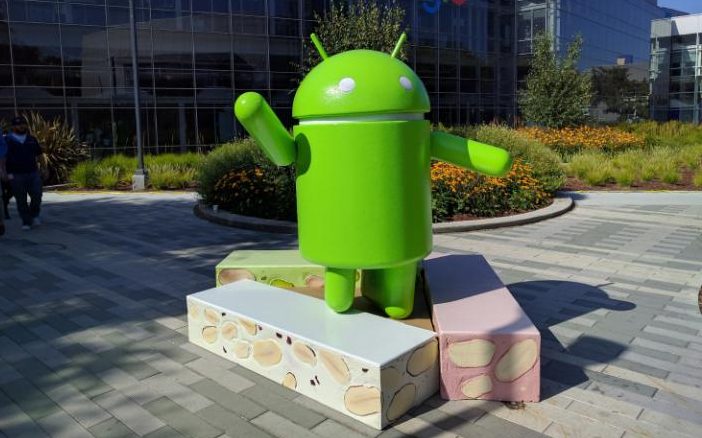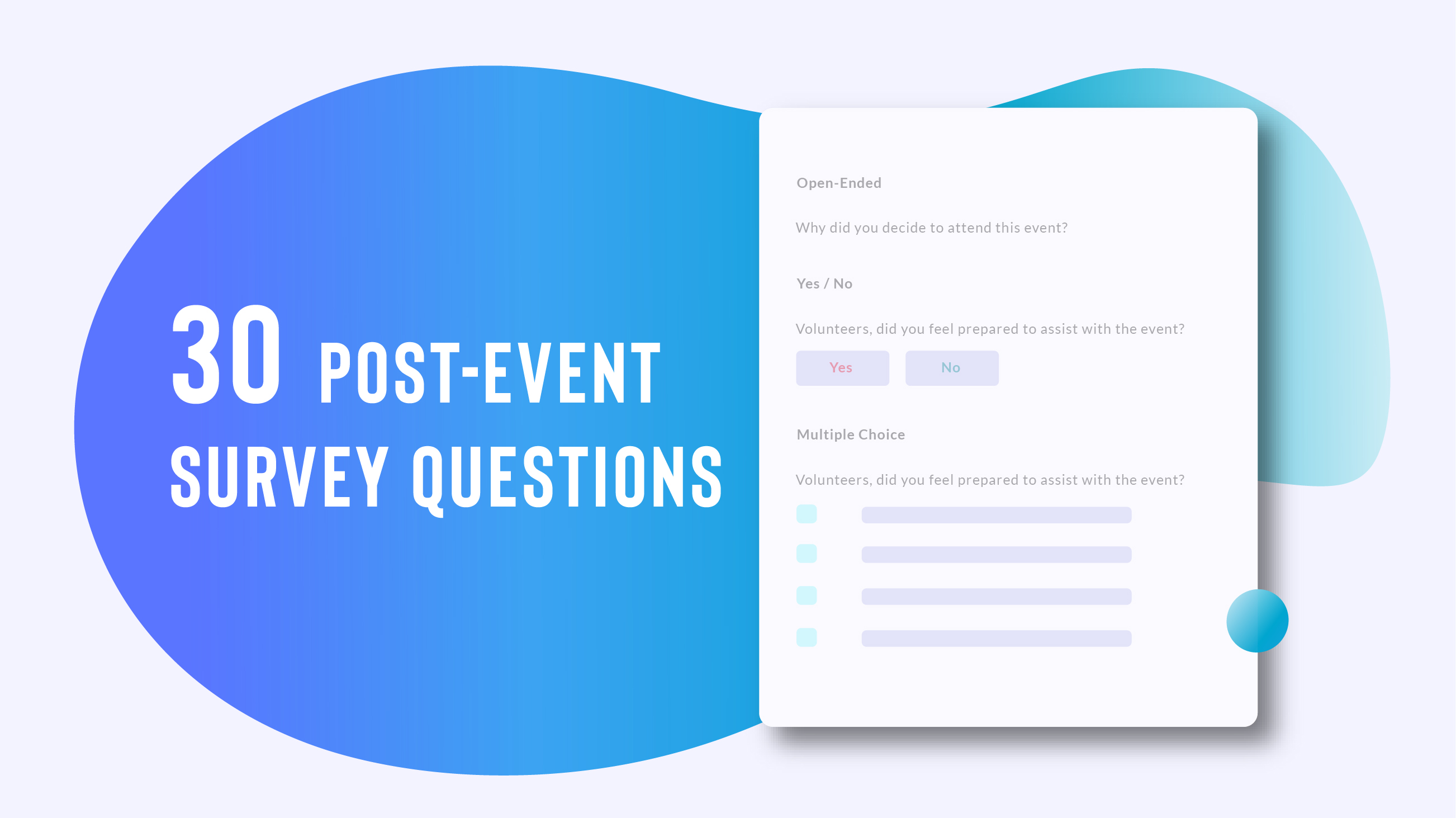
First, Google is almost certain to end up making a big payout to Oracle in 2017 or 2018.
A court case between the two tech giants ended its latest phase earlier this year, with the jurycoming down on the side of Google and deciding that “fair use” covered its appropriation of about 11,000 lines of code from Oracle’s Java software.
But Oracle has said it will appeal and, given that it has won on appeal in an earlier avatar of the case, a big payout for the database maker seems assured. Google has been safe as long as the case was being heard in California; other jurisdictions seem to take a more evenhanded view of American law.
In order to avoid any more hassles with Java, in its latest release, Nougat, Google began thereplacement of the Java APIs, the cause of its legal issues with Oracle, with those from the open source OpenJDK.
Google developed Android in something of a hurry and it emerged on the market in 2008 in the HTC Dream, the first smartphone to run the system. The company cut many corners to speed up development as it feared that it would not be unable to gain a foothold in the market if it tried to build the operating system components all on its own. Apple had already gone to market with its first iPhone in 2007.
Google was unable to cut a deal with Sun Microsystems to license Java, so it did a little “borrowing”, something that landed it in court in 2010.

A princely amount comes into Google’s coffers because of Android — it took Oracle to reveal this because Google is rather secretive when it comes to revealing anything — but none of this is from the operating system itself; rather it is from all the proprietary utilities that come along with it. This income will not be affected at all, if Google goes with Fuchsia.
Another drain on Google as a result of Android is the monthly issue of security updates, something that goes entirely against its culture of never taking responsibility for anything. Indeed, the company never bothered with regular security updates until mid-2015 when Android was hit by a major vulnerability dubbed Stagefright.
In this, Google is somewhat similar to Microsoft which took a devil-may-care attitude to security until major bugs came along to spoil its picnic in the 1990s. When Code Red, the bug discovered by the baby-faced Marc Maiffret, hit the airwaves, Microsoft came under government pressure to act. In Google’s case, the government pressure is not so open since it has a very friendly relationship with the Democrats to the extent that Eric Schmidt, the chairman of its parent company Alphabet, has set up a business unit to help Hillary Clinton in her ongoing presidential campaign.
But still, if businesses are being affected by Android vulnerabilities, Google will be forced to act. And that means paying a sizeable number of qualified security staff to work on those vulnerabilities.
In the recent past, there have been rumours of Google beginning to design its own smartphone and these may well come to fruition along with Fuchsia. Given its reluctance to take responsibility — despite recording earnings in tens of billions every year it has no customer service department —the company would much prefer to have a proprietary operating system, one that’s released under an open source licence (for public relations reasons) like the BSD or MIT licence which enables the locking away of code for perpetuity.
In the case of Android, that cannot be done; the Linux kernel is the bugbear because it is released under version 2 of the GNU General Public Licence, which means that any changes made to its code have to be released in the event that the kernel in question is distributed. With other bits of Android it is open slather.
Google will continue to reap income from its Play Store which is built on proprietary technology. And, of course, from all the other proprietary aps that make up its ecosystem. And these are all bits and pieces that it can use with Fuchsia as well. Many birds can be killed with one stone.
The problems with Android have become aggravated recently because Google is being constantly blamed for the fragmentation and security issues that dog the system. That is not something particularly welcome in the Googleplex. Enter Fuchsia.
[Source:-itwire]





